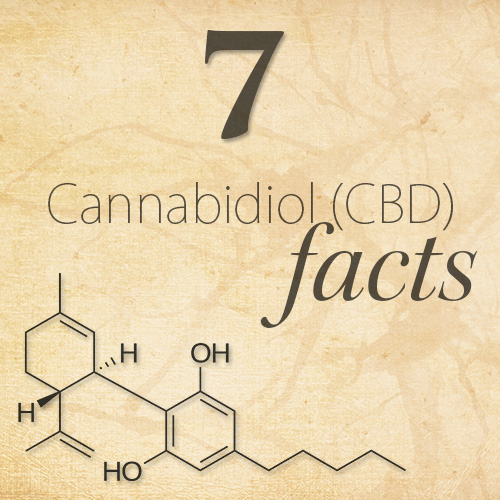1.) What is CBD, Literally?
CBD, THC and all the other acronyms in-between are cannabinoids; chemical compounds from the cannabis plant. There are 80+ of these compounds, but CBD and THC are by far the most common.
2.) You’re Not Getting High
Let’s clear some confusion about cannabis. The reason people experience psychoactive (“high”) effects from cannabis is because of the THC content.
CBD does not have those psychoactive effects.
3.) Hemp vs Marijuana
Cannabis refers to a plant genus, which has 3 different species: cannabis sativa, indica and ruderalis. There’s a slew of different names for these species, some of which (we’re looking at you, marijuana) may have been created to demonize the plant during our regrettably prejudice past.
Marijuana is used to describe cannabis plants with high levels of THC and any combination of other cannabinoids.
Hemp pertains to cannabis plants with extremely low levels of THC and may have high or low amounts of CBD.
Although hemp plants may not individually contain the same high CBD strength as potent cannabis strains grown specifically with optimal CBD in mind, a clean CO2 extraction method allows us to make hemp extracts with a surprisingly large CBD content.
4.) Legal CBD Hemp Oil
This may come as a surprise, but no matter where you live in the U.S., you can (legally) get your hands on CBD-rich hemp oil. The catch is, the oil must come from imported industrial hemp, which many companies use to create CBD supplements.
These supplements should have very little THC (less than 0.3%) and a range of different CBD concentrations. You don’t need a MMJ card for these, either.
5.) More Than Just Oil Forms
Even with added flavoring, some people find it difficult to take sublingual oils. This may have been an issue a few years ago, but the hemp market is incredibly diverse today. Here are just a few of the different types of supplements you can find:
- CBD-infused chocolate
- Chewables/lozenges
- Lotions and salves
- Vapes/e-liquids
- Tea
- Patches
6.) Benefits
The research world is teeming with CBD studies. More clinical research is needed, but we encourage you to look into these amazing studies.
7.) Side Effects of CBD
Locating any mentions of negative side effects of CBD is a challenge. According to the National Cancer Institute, “Because cannabinoid receptors, unlike opioid receptors, are not located in the brainstem areas controlling respiration, lethal overdoses from Cannabis and cannabinoids do not occur.”
We carefully read through a long document overviewing several studies and their noted side effects. The paper looked at CBD’s effects on cell growth, motor skills, memory, physiological parameters, and more. As it turns out, no negative side effects were noted in these listed areas. Unless you consider the slightly tranquilizing effect to be negative. If you’re trying to improve your sleep quality, this might be a perk, but not so much if you want a large amount of CBD throughout the day.
That’s not to say CBD is completely void of bad side effects, rather there’s a lack of studies performed to specifically search for them.
Seeing as scientific studies haven’t reported much on this topic, let’s talk anecdotally for a minute. Some people have reported stomach discomfort or headaches after ingesting a large amount of CBD oil. This could be because of the CBD, or perhaps because of its oil base. These supplements can be made with coconut oil, hempseed oil, and other oils that have been noted to cause this sort of stomach ache at high serving sizes.
These statements have not been evaluated by the FDA and are not intended to diagnose, treat or cure any disease. Always check with your physician before starting any new supplement program.

